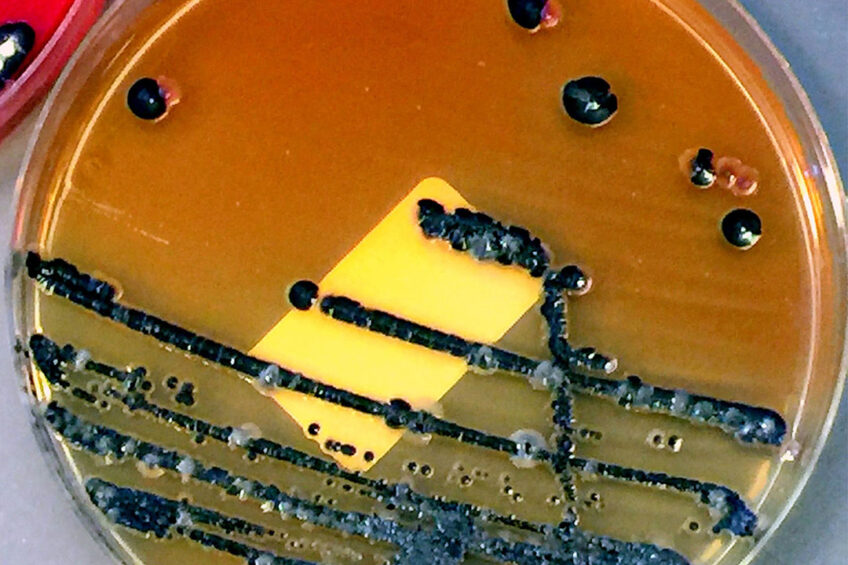Salmonella concerns highlighted at layer conference

Cases of on-farm salmonella in UK poultry have risen by around 50% in recent years, driven by regulated and non-regulated serovars.
Shaun Cawthraw, research scientists at the Animal and Plant Health Agency, said cases between 2018 and 2020 were 50% higher when compared to the 2013-2017 period.
While the rise had predominantly been seen in broilers, Cawthraw said this trend could be seen in layers in the future if action was not taken: “It is imperative that egg producers are aware of Salmonella serovar prevalence and their risk levels.”
He noted: “In commercial layers, S. Newport has been the most common serovar, affecting 18.4% of positive flocks. However, S. Infantis is one of the most frequently isolated poultry serovars globally, and it’s an emerging risk in the UK. It’s the most clinically significant serovar, as the principal source of human infection – something the layer industry must be vigilant against,” he told delegates attending an Elanco and Rosehill layer conference.
Vaccination against salmonella
James Bishop, Elanco’s technical consultant, said the company was involved in salmonella vaccine research. One of these trials looked at the effectiveness of AviPro Salmonella Duo, which contains S. Enteritidis and S. Typhimurium strains, against infections of S. Typhimurium, versus a live S. Enteritidis vaccine from another supplier.
“Seven days after birds were exposed to a field strain S. Typhimurium challenge, it was found that only 4 of the 33 birds given a live S. Enteritidis vaccine were negative, when taking caecal samples, compared to 23 out of 35 vaccinated with AviPro Salmonella Duo,” said Bishop.
“From the same trial, when looking at the spleen, it was found that 15 out of the 33 birds given the live S. Enteritidis vaccine were positive for the disease, whereas only 3 out of the 35 birds given AviPro Salmonella Duo were positive.”
Vaccinating with AviPro Salmonella Duo showed significantly better protection compared to the product containing a S. Enteritidis vaccine strain only, when birds were challenged with a S. Typhimurium field strain.












